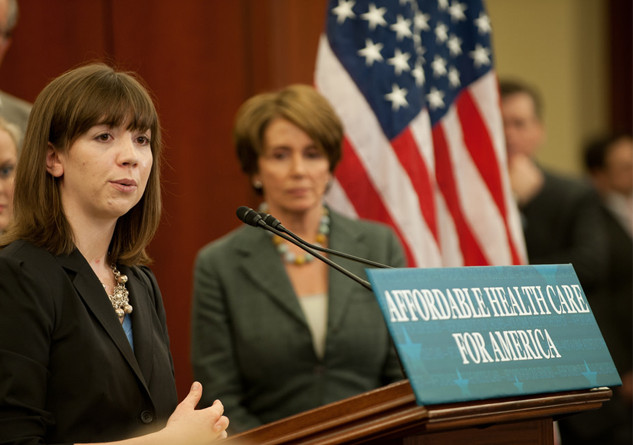Suzanne Potter / California News Service
SACRAMENTO, Calif. – Nearly five months after it went into effect, health advocates say the CARE act is making a big difference in the amount of education patients and their caregivers receive.
The Hospitals and Family Caregiver Act requires hospitals to designate a caregiver for each patient when he or she is admitted, and then give that caregiver detailed instructions upon discharge. The idea is to improve patient outcomes and reduce re-admissions.
Heidi Kelly, from Camarillo, supports the law because her mother passed away last year from internal bleeding after being discharged from the hospital on blood thinners, without sufficient instructions for the family.
“They didn’t ask for one person to give all the information to, and I’m the oldest of six,” says Kelly. “And they were talking to all of us at different times giving different information.”
The numbers on unplanned hospital re-admissions for the first part of 2016 aren’t in yet, but state statistics show that for the first half of 2015, more than 124,000 people, or 13.14 percent, had to return to the hospital within 30 days. That’s a slight improvement over 2014.
Surani Hayre-Kwan, family nurse practitioner with the California Association for Nurse Practitioners, says the new law forces hospitals to give the patient and the caregivers the tools they need to ensure a healthy recovery.
“Instead of just being kind of pushed aside, as the patient is being cared for or getting ready for discharge, the caregiver can now say ‘Hey, wait a minute, you have an obligation to include me in this process in order for this patient to be cared for correctly,’” says Hayre-Kwan.
A survey from the AARP found that 4.4 million Californians give unpaid care for a family member or loved one. Almost half perform complex medical tasks and almost 80 percent manage medications.
On their website, the AARP has a downloadable printed card about the CARE act that you can put in your wallet as a reminder of your rights at the hospital.






